They came to Jericho. As he and his disciples and a large crowd were leaving Jericho, Bartimaeus son of Timaeus, a blind beggar, was sitting by the roadside. When he heard that it was Jesus of Nazareth, he began to shout out and say, “Jesus, Son of David, have mercy on me!” Many sternly ordered him to be quiet, but he cried out even more loudly, “Son of David, have mercy on me!” Jesus stood still and said, “Call him here.” And they called the blind man, saying to him, “Take heart; get up, he is calling you.” So throwing off his cloak, he sprang up and came to Jesus. Then Jesus said to him, “What do you want me to do for you?” The blind man said to him, “My teacher, let me see again.” Jesus said to him, “Go; your faith has made you well.” Immediately he regained his sight and followed him on the way. (Mark 10:46-52, NRSV)
Sometimes we first need to be blind in order to see. The well-known story of Bartimaeus, a blind man, may seem like “just another healing story”, but if we use our imaginations to enter the text, it becomes so much more. This man’s story invites us to reflect on our own moments of transformation, our own moments of courage even, to call out to Jesus, to encounter him, and to follow.
I imagine Bartimaeus sitting on the roadside, alone, detached from community and friendship. In the Gospel of Mark, he is the only person healed by Jesus who is mentioned by name. His name means “son of Timaeus.” And Timaeus means “honoured” or “valued one”. His fate of physical blindness, outcasting him, is sharply contrasted from the “inclusive” honour possibly given his father. Now, there is no sign of that father. There is no sign that he will ever again know the bonds of family and community. Yet perhaps he’s heard of Jesus’ miracles and healings.
So when the crowd comes by and he hears that Jesus is among them, a glimmer hope in his desperation is stirred. And so he shouts out for him. “Jesus, Son of David, have mercy on me!” But the crowd, those supposed followers of Jesus, try to hush him up. But Bartimaeus is not willing to give up his hope. He shouts once more, loud enough to catch Jesus’ ear. “Call him here,” Jesus says. Bartimaeus springs up, throws off his cloak—possibly his only possession—and runs to Jesus. “Let me see again,” he asks him. Again. It seems that Bartimaeus was not blind from birth. Perhaps he once shared the honour of his father Timaeus. But since losing his sight he lost the value society once gave him. Here Jesus restores that worth, not only by restoring his sight, but by giving the dignity to name his desire. “What do you want me to do for you?” he asks. Bartimaeus is given freedom, agency, the power to choose.
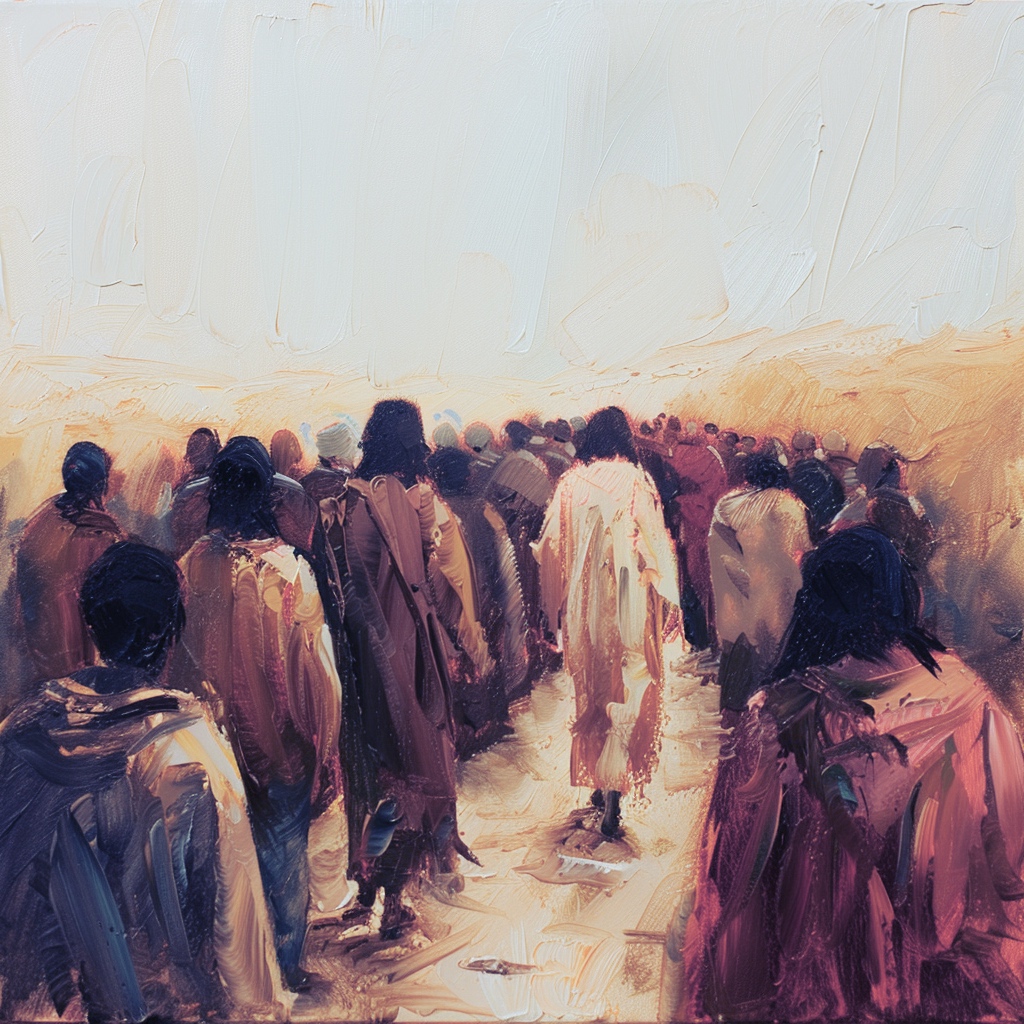
Moved to Follow
Perhaps the most striking moment is what happens after his sight is restored. Bartimaeus chooses to follow Jesus “on the way”. He becomes one of Jesus’ disciples! His encounter with Jesus was not simply a story of an ophthalmological miracle, but one of profound inner transformation. And what other community to be restored to than the one who brought about that restoration?
Often the stories of Jesus’ healings are said to give glimpses of the kingdom of God where there is no illness, disability, or blindness. But we know that it is not the disability that takes away belonging, but the human responses to them that do. Jesus not only undoes the human sin behind Bartimaeus’ outcast status. He brings about the kingdom of God within Bartimaeus himself. The love of God through Jesus shapes Bartimaeus’ heart anew and calls him to leave behind his old life and find a new one in Christ. The cloak he casts off symbolises this and Bartimaeus once again fulfils the worth and value his name symbolises.
In Ignatius’ Spiritual Exercises, the Call of the King meditation represents such a profound life-changing encounter with Jesus, that you cannot but follow him!
Into the Future
We can only imagine what happened next. As Bartimaeus journeyed with Jesus and witnessed his teachings and sacrificial love, his own heart would have been stretched and changed. He would have grown in his understanding of what it means to follow Jesus, to love others, and to live a life of faith. His story becomes a powerful example of how an encounter with Christ can set us on a lifelong journey of growth and discipleship.
The fact that Bartimaeus is the only person Jesus healed in Mark’s Gospel who is named likely indicates that he was known by the early Christian community. If he continued to follow Jesus and became part of the early church, he would have experienced the coming of the Holy Spirit at Pentecost, the growth of the community, and the challenges and joys of living out his faith in a new way.
Bartimaeus’ story is more than a tale of physical healing; it is a narrative of restored dignity, newfound community, and transformative discipleship. It challenges us to consider our own moments of spiritual blindness and the ways we might call out to Jesus in desperation and hope. Like Bartimaeus, we are invited to shed our old cloaks, embrace the freedom to name our deepest desires, and follow Jesus “on the way.”
Related posts:
- The Call of the King
- The Devil Made Me Do It! – Passing the Buck on Sin
- Pick Up Your Mat! (And Walk) – An Imaginative Meditation
Listen to the podcast version of this post…

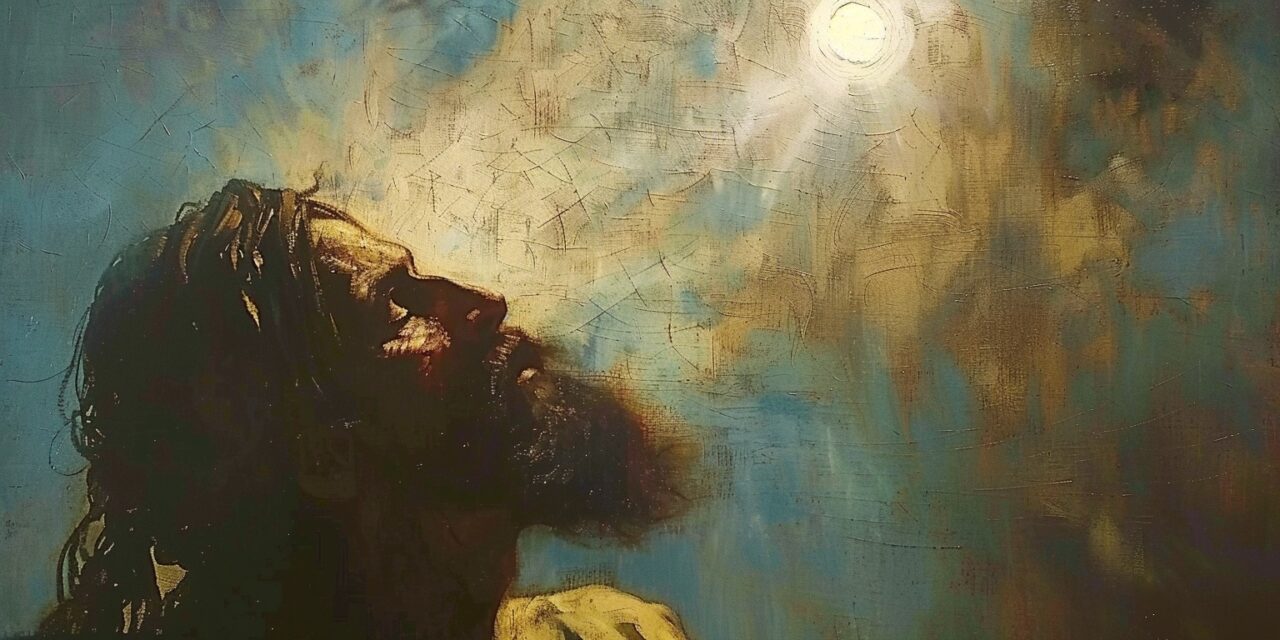
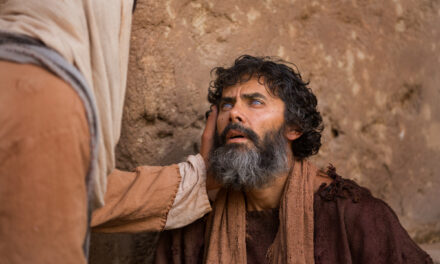
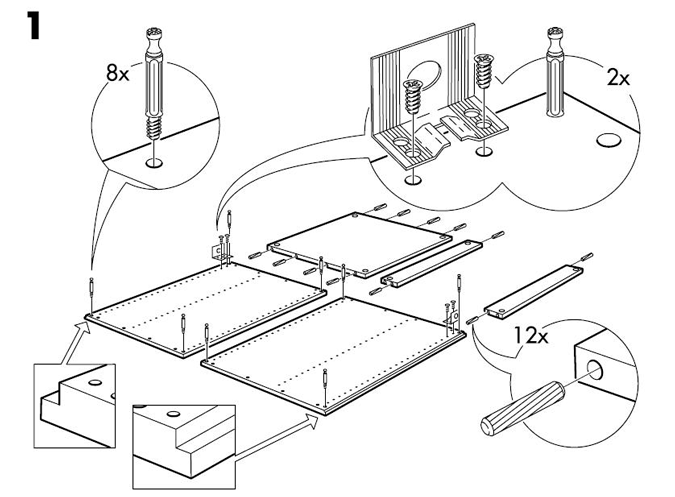
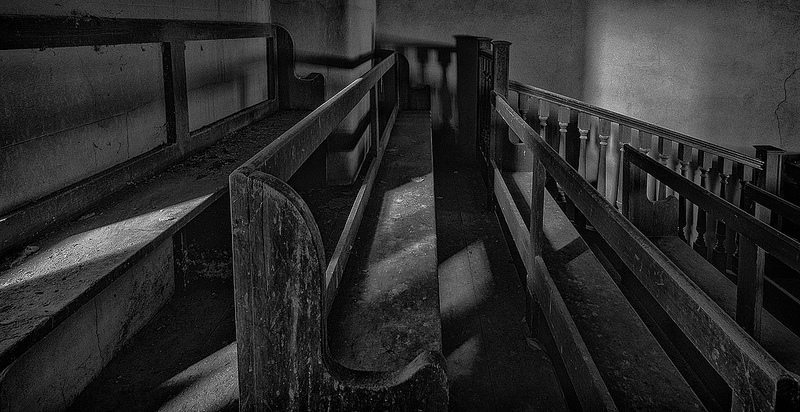




Thank you for inspirational thoughts needed on this day that I too cry out to Jesus in reply to the question What do you want me to do for you? …..Please pray for me and that my cry for God’s loving presence and healing mercy this day brings blessing and gratitude. Thank you.
Andy, Thank you for another wonderful reflection! Whenever I read this story, I notice that Jesus asks him “What would you like me to do for you?” Jesus doesn’t presume to know. In our coming to understand others, we often have to ask respectful questions.
Bob